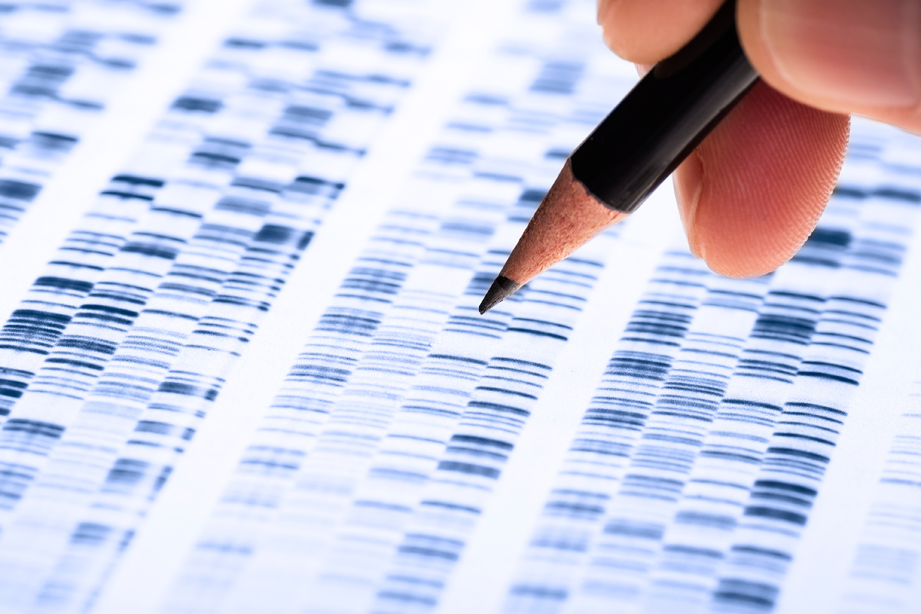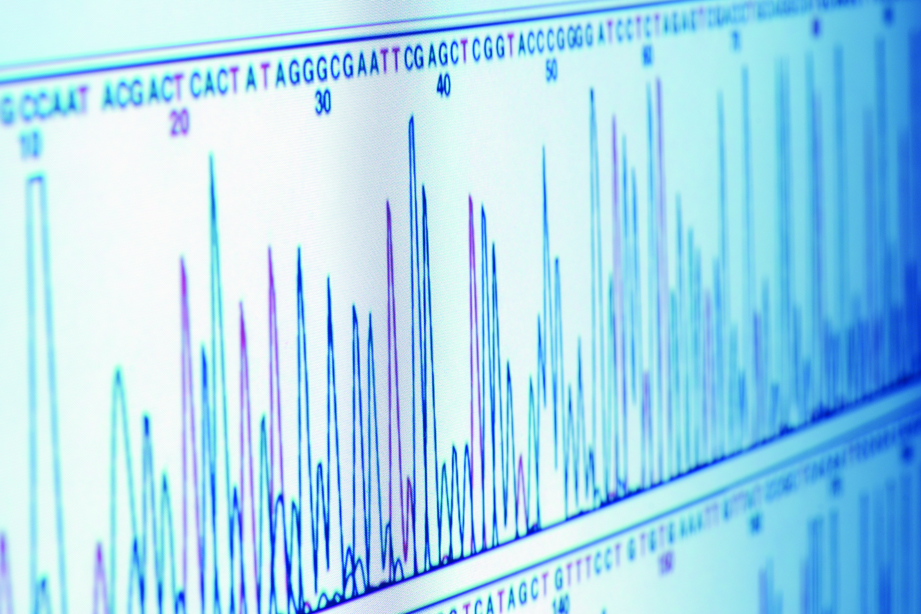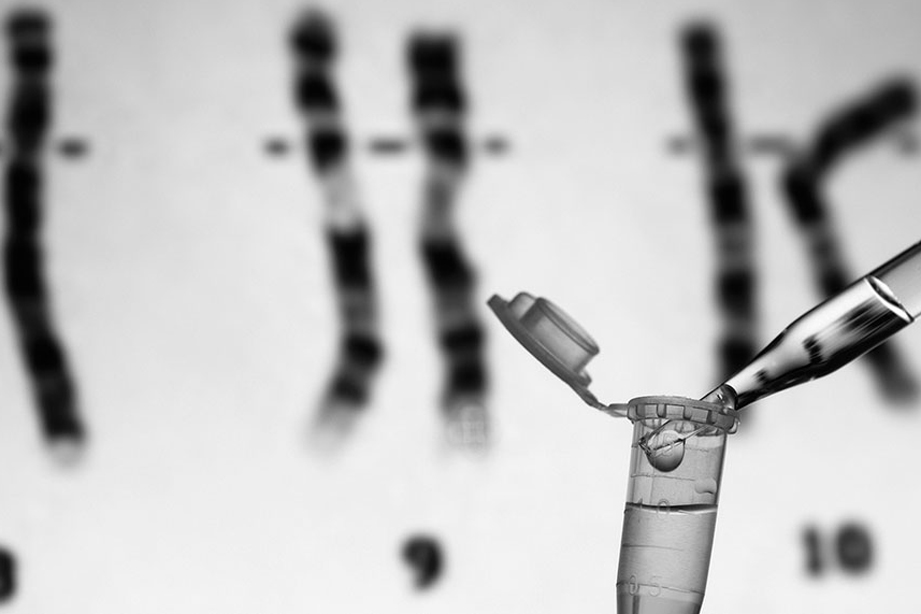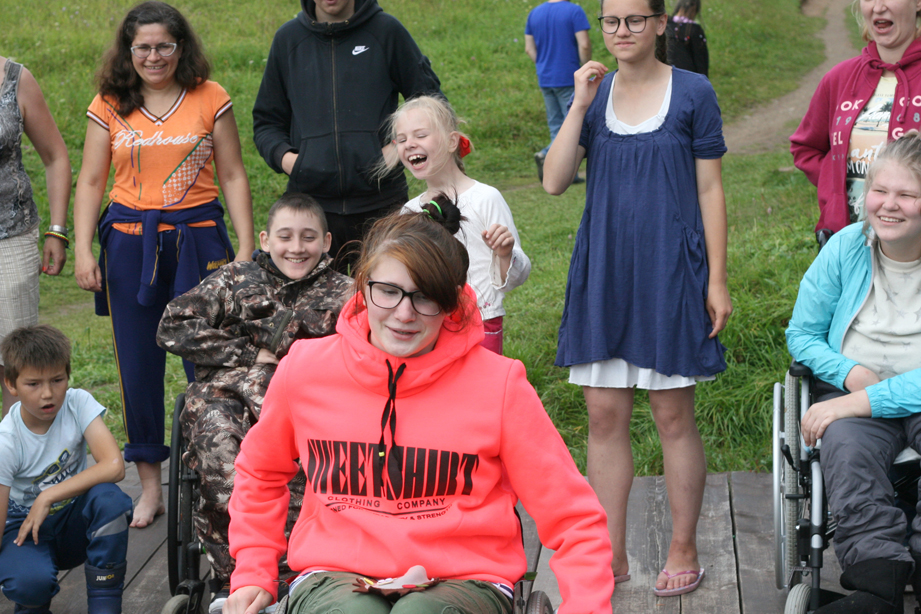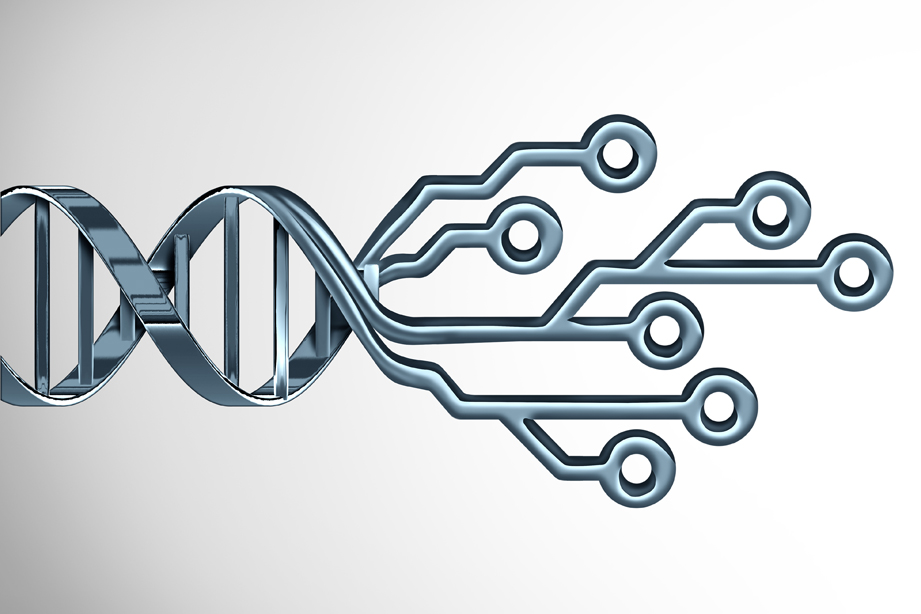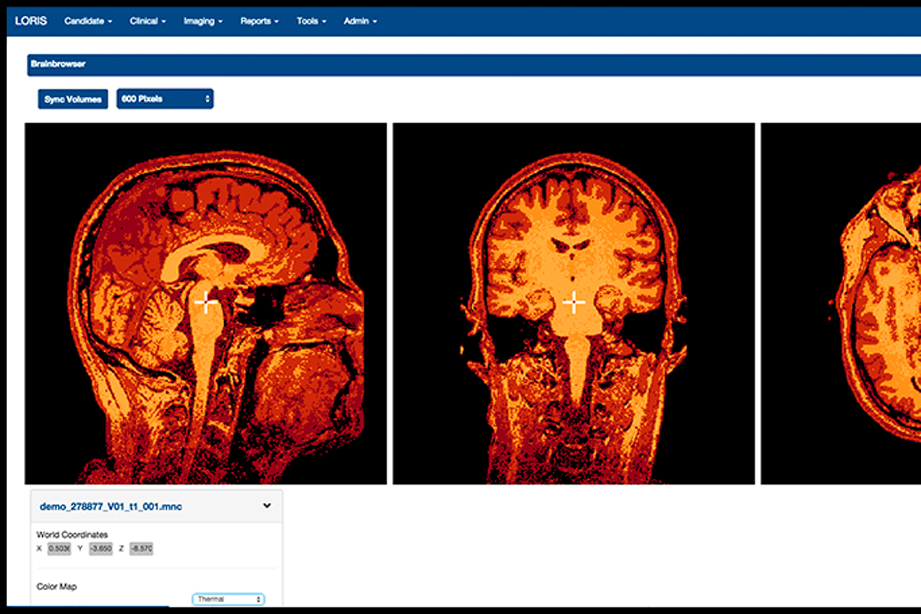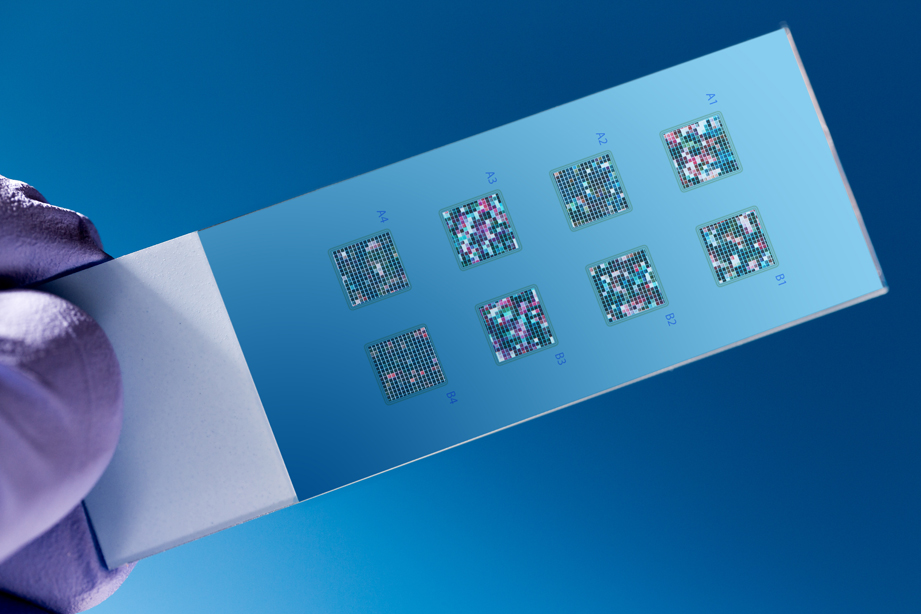Challenge Identifying children who are at risk of FASD early on can be challenging. Often receiving a formal diagnosis requires confirmation of prenatal alcohol exposure, which isn’t always possible. The current FASD diagnostic assessment process also typically happens once a child is school-aged because existing tools lack the sensitivity to identify young children and infants. [...]
Genomic and Epigenetic Factors That Influence Development and Outcomes in ASD
Nicolas Turgeon-Morin2023-05-04T06:34:00-08:00Challenge Parents of children with Autism Spectrum Disorder (ASD) have long noticed that ASD aggregates within families, but may manifest differently amongst siblings. Researchers wondered how and why this occurred. Project Summary The team set out to examine gene-behaviour relationships of newly diagnosed children with ASD. The team hypothesized that multifactorial causes of ASD are [...]
Epigenetic Advances Could Aid in Development of FASD Diagnostic Tool
Nicolas Turgeon-Morin2023-05-04T06:36:24-08:00Challenge The study of epigenetics—how the environment influences gene expression—is a promising avenue when it comes to better understanding FASD. In the absence of the characteristic facial dysmorphology or confirmed prenatal alcohol exposure, it is very challenging to confirm an FASD diagnosis. Therefore, there is a considerable need to identify biomarkers of exposure that one [...]
Canadian Cerebral Palsy (CP) Registry
Nicolas Turgeon-Morin2023-05-04T07:53:38-08:00Challenge There has historically been a lack of population-based information on how cerebral palsy presents in children, including possible risk factors, antecedent causes, functional severity, and co-morbidities of the condition. To better understand the condition, the Canadian Cerebral Palsy Registry was created in Cycle I. Project Summary The Registry is a confidential, nation-wide collection of [...]
Genomics/Epigenetics of CP in Preterm-born Infants
Nicolas Turgeon-Morin2023-02-22T11:06:33-08:00Challenge Premature infants are the largest subgroup of children with cerebral palsy (CP), and the prevalence of CP in these infants has remained high despite improved overall survival rates. White matter injuries and infections during pregnancy are a significant risk factor in CP, and studies show that factors impacting gene expression may be linked to [...]
Development of a Genomic Assessment Tool for Early Identification of Infants and children at risk for FASD
Nicolas Turgeon-Morin2023-05-04T08:18:51-08:00Challenge Fetal alcohol spectrum disorder (FASD), which results from prenatal alcohol exposure, is the most common cause of neurodevelopmental impairments in the western world, with an estimated prevalence of 3-5% in Canada, and as high as 11% in some communities. Diagnosing the disorder is time-consuming and costly — but early diagnosis of children at risk [...]
Biorepository cohort (PROMISE)
Nicolas Turgeon-Morin2023-10-19T10:44:22-08:00Challenge A child's genetic susceptibility to the environment is usually associated with specific gene variations. When combined with environmental factors, this susceptibility can lead to better or worse outcomes for the child. Researchers at the Parenting Research on Mental Illness, Stress & Epi/Genetics (PROMISE) study sought to understand how parenting could impact this genetic susceptibility. [...]
One-Stop-Database-Shop for Genomics Data on Brain-Based Disabilities
Nicolas Turgeon-Morin2023-10-19T10:46:38-08:00Challenge A lot of genomics data has been published on neurodevelopmental disabilities, but researchers face challenges in accessing this information. Data found in the literature is often scattered and difficult to synthesize, and simply aggregating data onto one platform isn’t sufficient. Project Summary This project aimed to examine the literature on the genomics of FASD, [...]
The Neuroinformatics Core
Nicolas Turgeon-Morin2023-10-19T10:47:02-08:00Challenge Neuroscience is a broad field with a vast array of research and findings. The research often interconnects in various ways and allows scientists to extrapolate data that is useful for future projects. The problem, however, was to create a database where this information could be shared, accessed and used in meaningful ways. Project Summary [...]
The ASD Demonstration Project: Next-Generation Genome Sequencing and Identification of Rare DNA Variants
Nicolas Turgeon-Morin2023-10-19T10:48:10-08:00Challenge Autism spectrum disorder often runs in families. For example, identical twins of people with ASD have roughly a 60 percent chance of having it as well while siblings have a 20 percent chance. This statistic points to genetic risk factors. But which gene variants increase susceptibility to ASD? Moreover, how do genes influence the [...]

